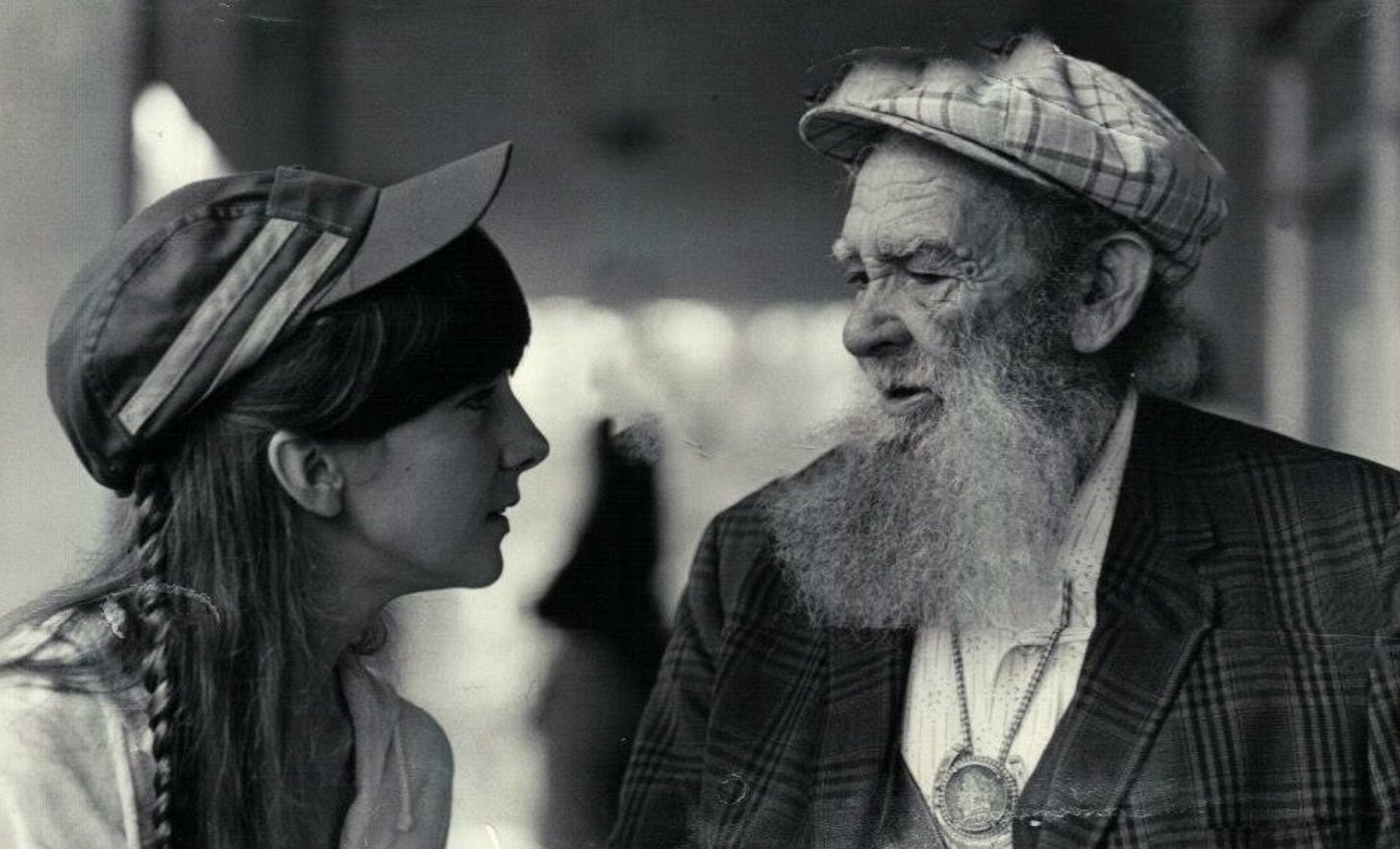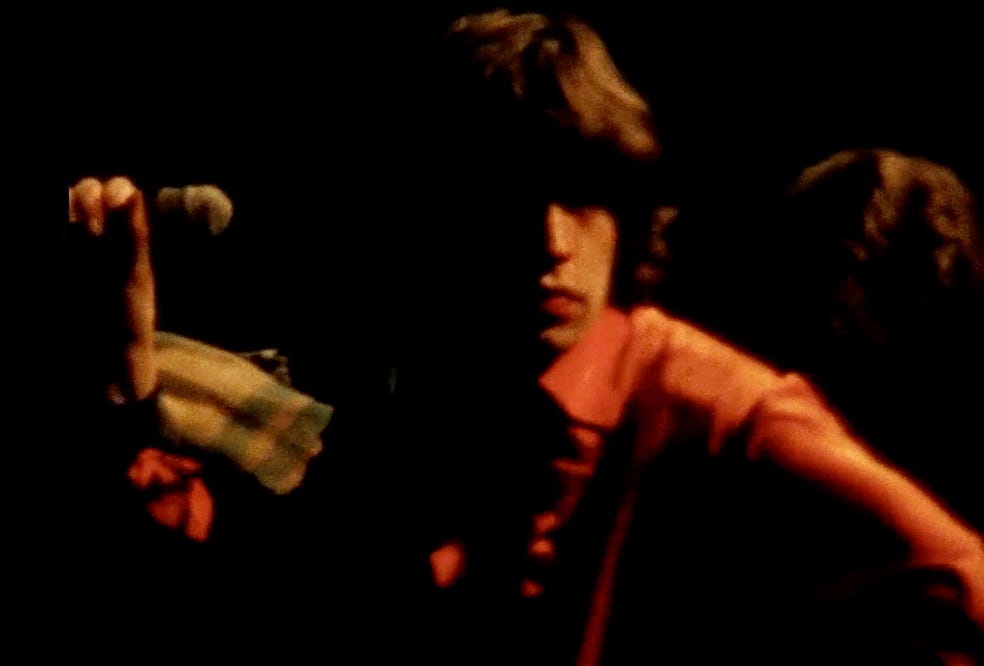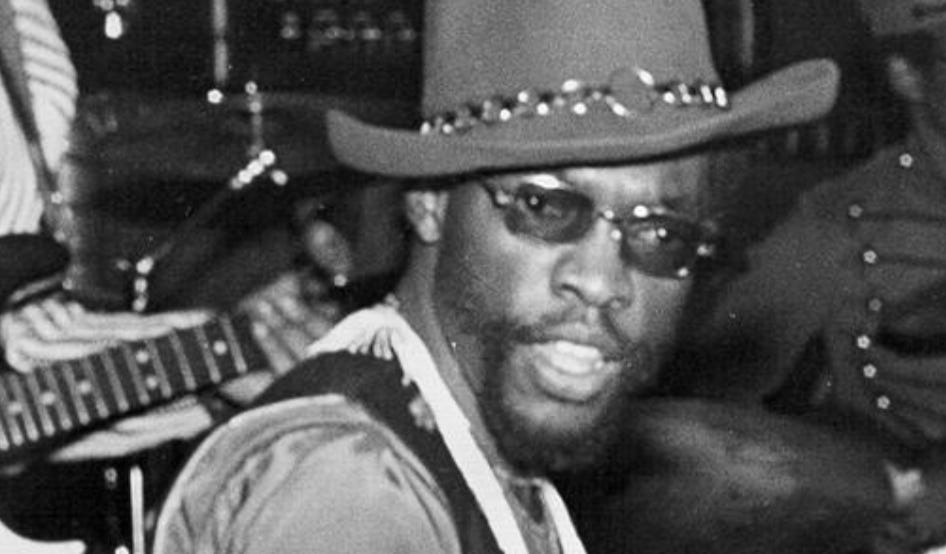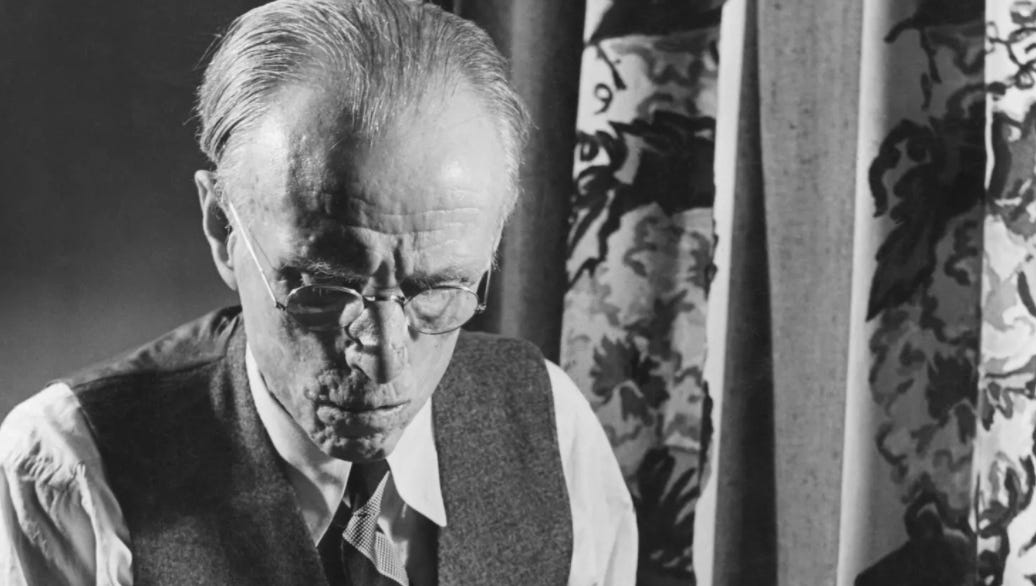Too Wise You Be
“We must uncenter our minds from ourselves; We must unhumanize our views a little, and become confident as the rock and ocean that we were made from.”― Robinson Jeffers
***It is exciting to say that THE SIGNAL has been chosen to be one of the featured newsletters on the Substack page this week! Welcome to all who those who are finding their way here!***
Sam Chatmon would be celebrating his 125th birthday today. One of the founding voices of what would become known as the Delta Blues, Chatmon came from a long line of musicians. Sam was raised outside of Bolton, Mississippi by a father, Henderson, who was a well-regarded fiddle player. Many of Henderson’s eleven kids played music (twelve if you include Charley Patton, who was rumored to be Henderson’s son). Sam played bass in the family band and learned guitar, mandolin, harmonica and the banjo. He would go on to be a founding member in the pivotal Mississippi Sheiks along with his brothers Lonnie and Armenter (who was better known as Bo Carter) and after, cut some sides with Lonnie as The Chatmon Brothers.
By the mid-30s, as the story goes with so many of the greats, Chatmon fell out of the public eye and spent the next few decades farming and working security. In 1965, folk music enthusiast Ken Swerilas found Chatmon and threw him back onstage during the blues revival movement of that time. Musicologist Chris Strachwitz followed-up Chatmon’s rediscovery with a series of recordings for Arhoolie, which are just incredible. For the rest of his life, the blues artist was oft recorded and a staple in the live blues circuit, with the Mississippi Sheik’s number “Standing on Top Of The World” becoming his signature tune. His playing still had an incredible precision and confidence…he picked those strings with force…preaching the delta blues that he had helped to create, as he provided us listeners a bridge to history.
I spoke to Libby Rae Watson last night, who was a close friend to Chatmon. When she was around twenty-two she and her boyfriend at the time went knocking on his door. They were walking around the state looking for blues musicians and knew where to find Chatmon given his local fame in Hollandale (where he had lived since the late 20s). Watson and Chatmon had an “instantaneous friendship” that lasted for the rest of his life.
Here are some sweet stories from Libby Rae……
“We were doing a show around 1979 or 80 where we were going to have Sam and Son Thomas play. The show was around Jackson Mississippi and Sam was staying with us in Florence. It was my job to get him to the gig. So we are driving there and it was cold as hell and we were trying to get the heater to work in my Pinto station wagon, to warm us up. My teeth were chattering, and he says, ‘My teeth’s chatterin’ too and theyse at home in my drawer.’
He was always a jokester. One time he got a pen and a piece of paper and started writing a note to me. He said, “Come over here,” and he handed me the note he had just written, with all these letters and numbers…Ys and Rs and Bs and 2s like this:
2yyur. 2yyuB iCuyy for me
He said, ‘Oh, YOU know what that says…’”
Too wise you are. Too wise you be. I see you are too wise for me.
Now, Sam always insisted that his birthday was in 1899, arguing against whatever facts had been upturned by scholars of the blues. So, we can wish him another Happy 125th in a few years, and cover our bases.
Happy Birthday Sam, and thank you Libby Rae Watson for the stories…
The Rolling Stones, Hell’s Angels, and Altamont: A New View
The Library of Congress has dug up some gold…an amateur film taken at the Rolling Stone’s infamous Altamont gig (from a collection they had acquired YEARS ago from Rick Prelinger and the Prelinger archives and library). There is a documentary film about the concert (Gimme Shelter) and an excellent book about it by San Francisco favorite son Joel Selvin (called Altamont). What this home footage delivers is a different take, a different view of the day, including film of Crosby, Stills Nash and Young…The Jefferson Airplane…and what I am most excited about: The Flying Burrito Brothers with Gram Parsons, which is super rare stuff to behold. The film has no sound, but when you see Parsons and bass player Chris Hillman connect with each other as they jump into whatever song they are playing, you can feel..almost hear…the magic. And yes, the Stones footage is sweet…albeit darkly lit. They were magnificent that night…before it all went to hell…..
What do you do after going into remission after a heavy fight with cancer in your bladder? How about move to the country and buy a mortuary! Emin is doing something pretty special: offering artists low-cost studios as well as residencies… The supporting of the artistic voice is paramount for us to get out of this dark time we have thrown ourselves into.
CALVIN SIMON, FORMER SINGER FOR PARLIAMENT-FUNKADELIC, DEAD AT 79
With all the revolving door of funkstaploitation that has been happening since the beginning of Parliament/Funkadelic’s emergence, Calvin Simon is one of the giants, whose voice could be heard loud and proud on the classic early George Clinton productions. Hell, he was one of the original Parliaments, the doo-op group with Clinton that started it all. And he went on to sing all over Maggot Brain, Free Your Mind And Your Ass Will Follow, America Eats Its Young and The Mothership Connection (and more). RIP Calvin.
The Lie That Led To George Takei's Favorite Star Trek Scene
To quote Takei: “You never ask an actor if we can do anything, because if it's related to the part, we are masters at it. I said [to the screenwriter, about fencing] 'Oh, it's my favorite sport! I used to fence when I was young!" Takei then arranged to take his first formal fencing lesson at Falcon Studios on Sunset Blvd., and Takei's instructor, by magical coincidence, was Ralph Faulkner, the fight choreographer for "The Adventures of Robin Hood" and Basil Rathbone's fight double in that film.”
The Novelist Who Saw Middle America as It Really Was
Fantastic deep journalism by Robert Gottlieb looking at the very complex life of Sinclair Lewis, the first American to win the Noble Prize for literature. I am not a Lewis expert…and to be honest I have never made it through one of his novels (maybe because, as Gottlieb describes, “His books are almost without a voice of their own, lacking both power and lyricism.”) so to get an overview into such a complex life of a person who was a horrible father, problematic lover, social commentator, celebrated writer, failed playwright, supporter of young authors and an attempted voice for civil rights…he lived a full life for someone who died alone…is a gift.
THE SIMPLE TRUTH
By: Philip Levine
I bought a dollar and a half's worth of small red potatoes,
took them home, boiled them in their jackets
and ate them for dinner with a little butter and salt.
Then I walked through the dried fields
on the edge of town. In middle June the light
hung on in the dark furrows at my feet,
and in the mountain oaks overhead the birds
were gathering for the night, the jays and mockers
squawking back and forth, the finches still darting
into the dusty light. The woman who sold me
the potatoes was from Poland; she was someone
out of my childhood in a pink spangled sweater and sunglasses
praising the perfection of all her fruits and vegetables
at the road-side stand and urging me to taste
even the pale, raw sweet corn trucked all the way,
she swore, from New Jersey. "Eat, eat" she said,
"Even if you don't I'll say you did."
Some things
you know all your life. They are so simple and true
they must be said without elegance, meter and rhyme,
they must be laid on the table beside the salt shaker,
the glass of water, the absence of light gathering
in the shadows of picture frames, they must be
naked and alone, they must stand for themselves.
My friend Henri1 and I arrived at this together in 1965
before I went away, before he began to kill himself,
and the two of us to betray our love. Can you taste
what I'm saying? It is onions or potatoes, a pinch
of simple salt, the wealth of melting butter, it is obvious,
it stays in the back of your throat like a truth
you never uttered because the time was always wrong,
it stays there for the rest of your life, unspoken,
made of that dirt we call earth, the metal we call salt,
in a form we have no words for, and you live on it.
A reference to poet Henri Coulette












